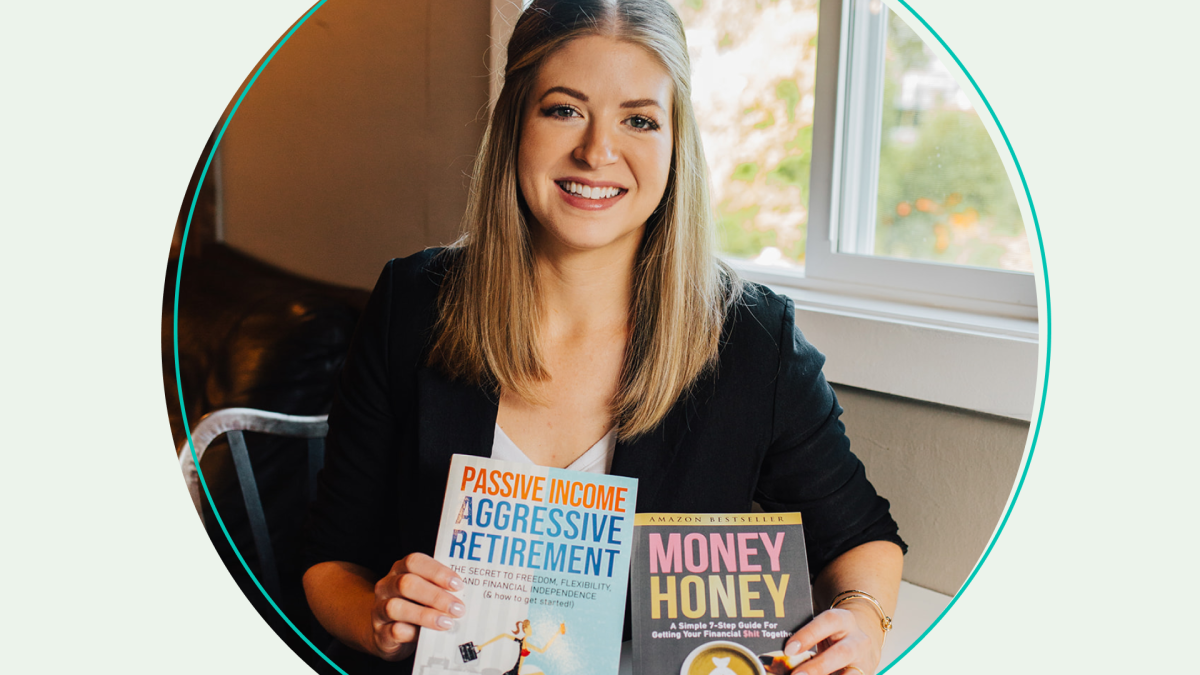Report warns of a real estate “climate bubble”

Damage in Matlacha, Fla. after Hurricane Ian in 2022. Photo: Matias J. Ocner/Miami Herald/Tribune News Service via Getty Images
A report out today by First Street Foundation, a nonprofit that analyzes climate risk, warns the national real estate market “has not adequately priced the cost of climate into its valuation,” and a “growing climate bubble” that is “similar to past bubbles in the real-estate market” is just starting to be recognized.
What’s happening: Regulators seeking to keep property insurance affordable have artificially suppressed rates that insurance companies are allowed to charge, the report explains.
- But because of increasing climate change risks from wildfires, floods and wind, insurance companies across the country have been raising rates, dropping policies and pulling out of certain high-risk regions altogether.
- As insurance prices rise and the cost of homeownership becomes too expensive, “property values will deflate, leading to a realization of the current climate-driven overvaluation in the market,” the report predicts.
Why it matters: Citing data from Policygenius, the report found that Miami is the most expensive market for homeowner’s insurance in the country.
- The average annual cost is over $5,000, while the median home value is $411,300.
- In the 33012 ZIP code, which covers Hialeah, the average annual coverage cost is approximately $5,900 while the median home value is $277,500.
Zoom in: Homeowners are increasingly turning to state-backed insurance programs for coverage, like Citizens in Florida.
- Citizens has added 125,000 new policies in Miami-Dade County since 2016.
- This year, Citizens began requiring flood insurance for policyholders.
- An example shows how the increasing insurance costs could cause the value of a property in West Palm Beach to potentially drop by 18.9% in the near future and by 40.6% in 30 years.
What we’re watching: Nationwide, approximately 6.8 million properties “have already been hit by increasing insurance rates, canceled policies, and the realization of property value devaluation due to increased cost of ownership,” the report says.
- About 39 million properties are overvalued and face similar insurance-related corrections.
- Property values could drop as little as a dollar “to full devaluation.”
Yes, but: Ines Hegedus-Garcia, chair of the The Miami Association of Realtors, tells Axios, “Rising insurance rates have always been a concern for Florida, but we are not seeing a discernible impact on the market at all. On the contrary, we have seen home price appreciation for 140 consecutive months.”


